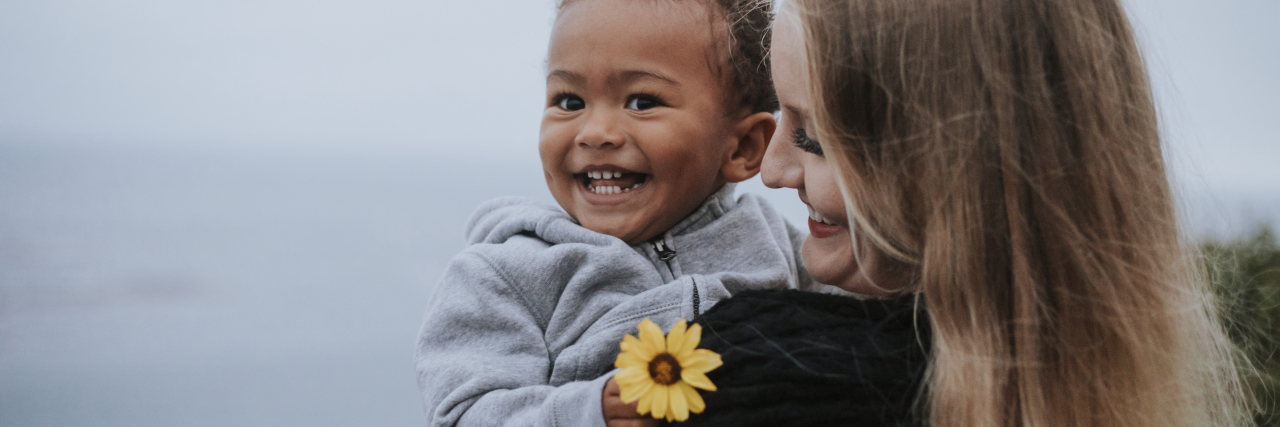The news that your child has sustained brain damage can’t be nice to hear. You probably imagine all sorts of horrible scenarios and maybe you looked up your little baby’s condition and got here. I wouldn’t know about that bit. But I’m writing this to let you know that those worst-case scenarios you’ve read about probably won’t come true. Like half of babies diagnosed with hypoxic ischemic encephalopathy, my condition is mild.
It wasn’t (and isn’t) always easy. My childhood was an interesting time and I don’t doubt that my parents struggled at times with my condition. I had seizures when I was little, have Tourette syndrome, had a minor speech delay and have been assessed for just about every neurodevelopmental condition under the sun – although nothing stuck.
My mum thought I was dead when I was born. The midwife noticed the cord wrapped around my neck and I had been born in “poor” condition. I needed help, but she still struggles to talk about the details.
But I am 21 now.
I twitch and click more than most consider “normal.” I still get totally overwhelmed from sensory overload sometimes. When this happens, I struggle to talk at all and go back to sign language. I become so anxious that I struggle to breathe or think and have mood swings that confuse me.
I’m also training to be a nurse and have received fantastic feedback from each ward I have worked at. I have a nice circle of friends and an ability to beat anyone at Mario Kart while chatting their ear off. Unlike some people my age, I have a fantastic work ethic brought on by years of having to fight to keep up.
This morning I drove to a nearby town, got ice cream with a school friend and watched an online lecture on the anatomy of the kidney.
I have hypoxic ischemic encephalopathy, which I can’t spell without checking a thousand and one times. I have a milder case, so I can’t speak for everybody and I won’t try to. But I think I can speak for me.
You’ve probably been told that your child’s condition is irreversible. But the beautiful thing about children’s brains is that they can learn new things better than adults. We often adapt better than an adult with the same brain injury. We will do better with your support. We have things that we are proud of, that we are good at and that we are passionate about.
This is true whether your child has a mild case or a severe case. There are many thriving children and adults with varying severities of HIE. Your worst-case scenario is not a guarantee.
Getty image by Rawpixel.

